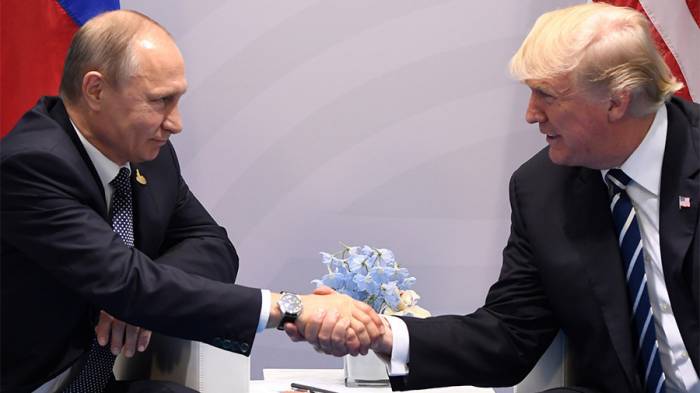“Speaking about risks of a military confrontation, I am 100 percent sure that [both the US and Russian] militaries won’t allow this, and of course neither will President [Vladimir] Putin or President [Donald] Trump,” Lavrov said.
“After all they are leaders, elected by their people and are responsible for their peace,” the Russian foreign minister added.
Amid deteriorating relations between Moscow and Washington, Lavrov signaled that there are attempts to ease the knot. In particular, the foreign minister announced that the US president invited his Russian counterpart to Washington during a phone call. Trump said he would “be glad to see [Putin] in the White House” and then added that he “would be happy to make a reciprocal visit [to Moscow],” Lavrov stated.
During the interview, Lavrov also touched upon the US-led strikes on Syria last week. Trump, along with allies the UK and France, ordered the bombardment following an alleged chemical attack in Douma. It came just hours before experts from the Organisation for the Prohibition of Chemical Weapons (OPCW) were due to begin a fact-finding mission there.
After the US-led strikes, Russia no longer has any moral barriers on S-300 missile system deliveries to Syria, Lavrov said. Russia promised not to send S-300s to Damascus around 10 years ago at the request of its partners, he said. “We took into consideration their argument that this would destabilize the situation, despite the missile systems being a purely defensive system.”
“We heeded their calls. But now we have no such moral obligation,”Lavrov stated.
Syrian air defense systems intercepted 71 out of over 103 missiles launched at civilian and military targets, the Russian Defense Ministry said shortly after the airstrikes. Russian air defense units in Syria were not involved in repelling the attack.
















































